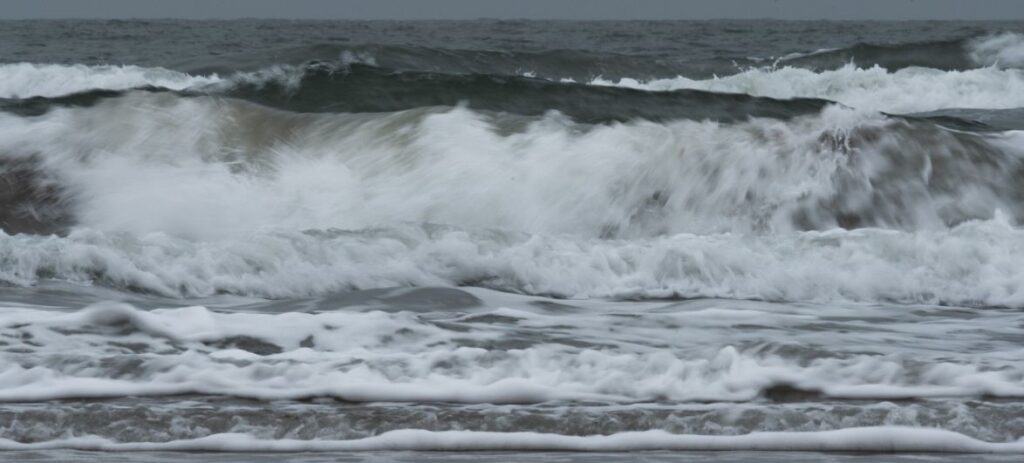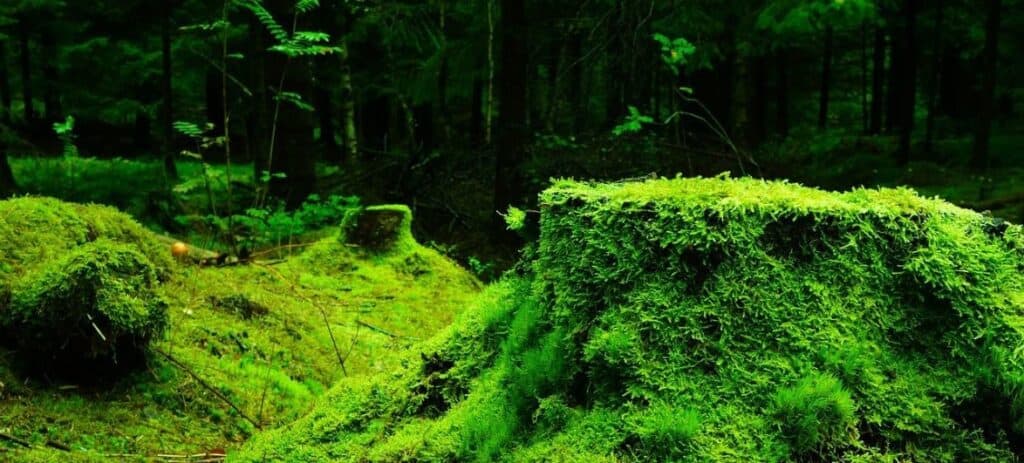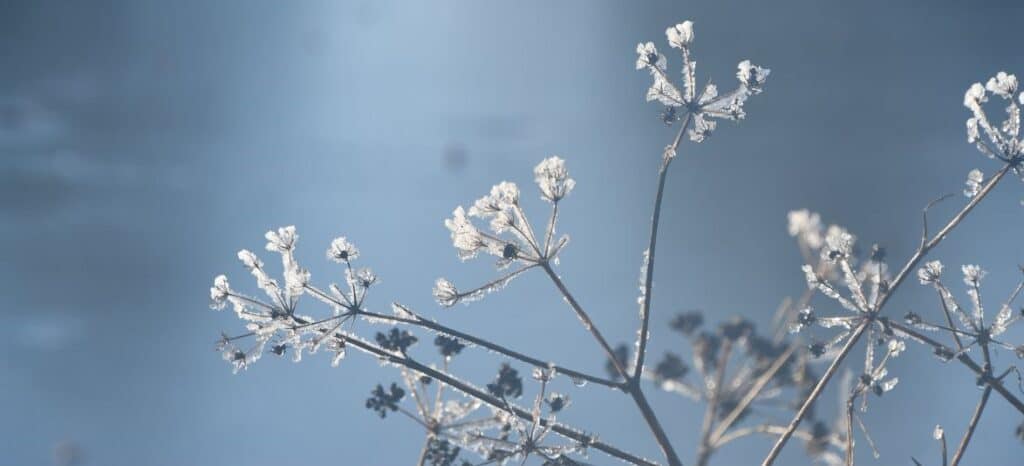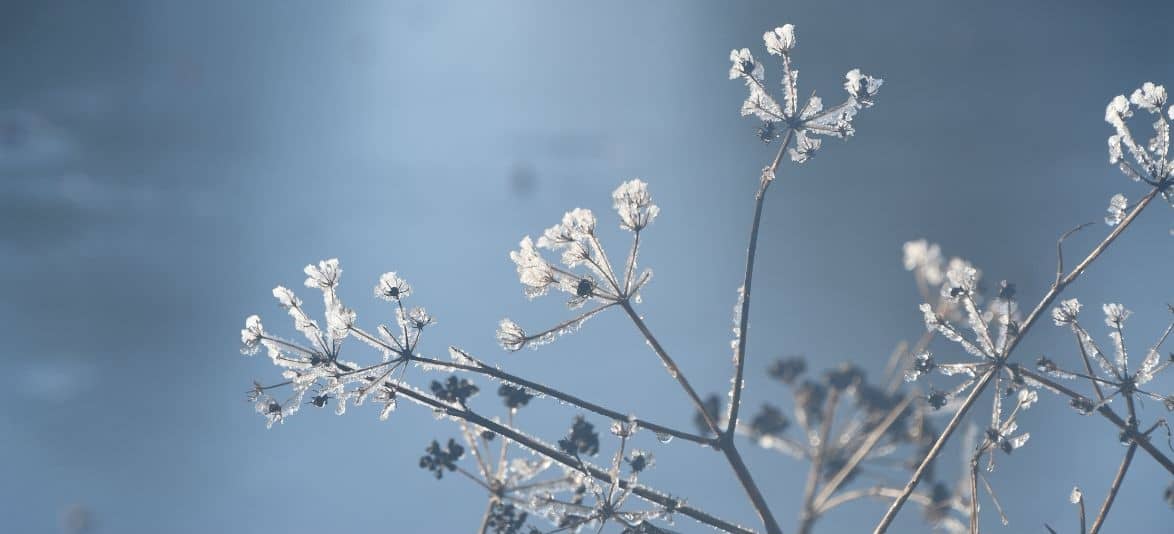A blog by Jo Roberts, an aspiring author, intuitive writing mentor, and book coach living in Cumbria. Jo has recently participated in our online course ‘Exploring Nature Writing’, and we are delighted that she was inspired to share her experience.
“Write about a walk, or time that you take regularly in nature”. Says the calm, nurturing voice on my screen. “Try to include textures, sounds, and sights from the ground upwards. Add in details of things that you notice” – Emma McKenzie, course tutor.
This is the middle task of week one on the Field Studies Council Exploring Nature Writing course – and already I am loving Emma’s bite-sized videos and activities. Her thoughtful prompts are designed to open our hearts and minds to the natural world around us. And with suggested task times being just five or ten minutes there is no pressure to produce amazing, polished work. We can simply take each exercise as it comes.
Held on an interactive platform called Moodle, all the tasks in ‘Exploring Nature Writing’ are clearly laid out, with helpful little boxes which automatically tick when they have been completed.

So, setting a timer, I pick up my pen as memories of my recent visit to the Cumbrian west coast swirl onto the page. It feels good to write; to blend my thoughts and feelings of that day, allowing the raw power of nature to take centre stage.
Huddled in my jacket – at the mercy of the wind raging around me – a broken zip rips open my collar; forcing my hood to stream out behind as spikes of cold rush in, replacing the meagre warmth. Hands becoming numb, mittens forgotten as I shuffle the dog lead from side to side, alternating each into a curled fist within my sleeve.
My body leans forward, held in the moment, punching into an invisible wall as forces of nature scream around me – waves thrashing and crashing, white stallions rising up and careening back down. Folding, and pulsing into one another, as they race up the steep beach – the roar of pebbles tumbling together in a great cascade.
I push on, hardly able to hear my laboured footsteps as I place first one welly boot and then the other, grateful for the insulated warmth. Gazing far away, across the vast ocean the salty tang smoothers my lips and sea-laden air spatters the cold hard lens of my glasses.
The Cabin is there, beckoning – its dark wooden cladded walls more weathered than in my dreams. Familiar to me, except for the lack of trees. There is nothing to hide me here – just the raw power of the Irish Sea.
Jo Roberts – an extract from my course journal

With my second task of the week written, I move on to the third and then reach for the discussion tab to share my offerings and read those of the other course participants.
This sharing and commenting is an important part of the course, one to be embraced and savoured. In reading other people’s writing, I am whisked away to mossy woodlands, and gentle river walks. To dramatic coastal beaches, and peace-filled gardens. I linger on evocative descriptions – where the sights, sounds, smells, tastes, and textures, of wonderful natural places, draw me in.
I have yet to meet the writers behind the words. But I’m already loving the supportive connections which are being made and I’m keen to experience the course unfold.

At the end of the first week, we come together on a Zoom call – an opportunity to see each other and discuss the tasks. Emma holds the space well, inviting participation whilst respecting those who prefer to keep their cameras off. As the course progresses, more of the short, pre-recorded content videos are released, and creative writing tasks given. Amid a busy week though, I miss the next live Zoom call, so enjoy watching the replay.
By the third week, I am spellbound by the talent within the group. Of how knowledgeable and observant my fellow writers are. Their intimate knowledge shining through in so many ways. As someone who values writing as a way to connect and express myself, I discover that most of the other participants come from a more scientific background. A space where writing is usually synonymous with factual reporting. Where, in many people’s working lives, creativity and imagination haven’t really been getting a look in. But as the course progresses, Emma’s nurturing style comes even more to the fore and collectively our group relaxes into the creative process.
From prose to poetry, using videos, photos, and written descriptions there is plenty in the four weeks of Exploring Nature Writing to keep us captivated. Simple observational tasks and invites to explore nature as a metaphor are equally well received. And whether we started as scientists or creatives we no doubt leave with a deepened connection to the natural world around us. Because the truth is, nature writing is whatever we need or want it to be. As Emma sensitively reminds us, when writing for ourselves there is no right or wrong. And facts can always be checked at a later stage. For me, nature writing is just as much about exploring my place within the world as it is about knowing the details. So, perhaps there is a sweet spot where knowledge and creativity meet.
And in this meeting, of exploring the natural world, is where the true magic lies.

To experience the wonderful world of nature writing for yourself – check out the Field Studies Council range of nature writing courses.
Join us for the next run of ‘Exploring Nature Writing‘, starting on the 10th of January 2024.
Jo Roberts is an aspiring author and intuitive writing mentor living in Cumbria, with her fabulous dog, Millie. You can find out more by visiting www.writinginsideout.co.uk.

